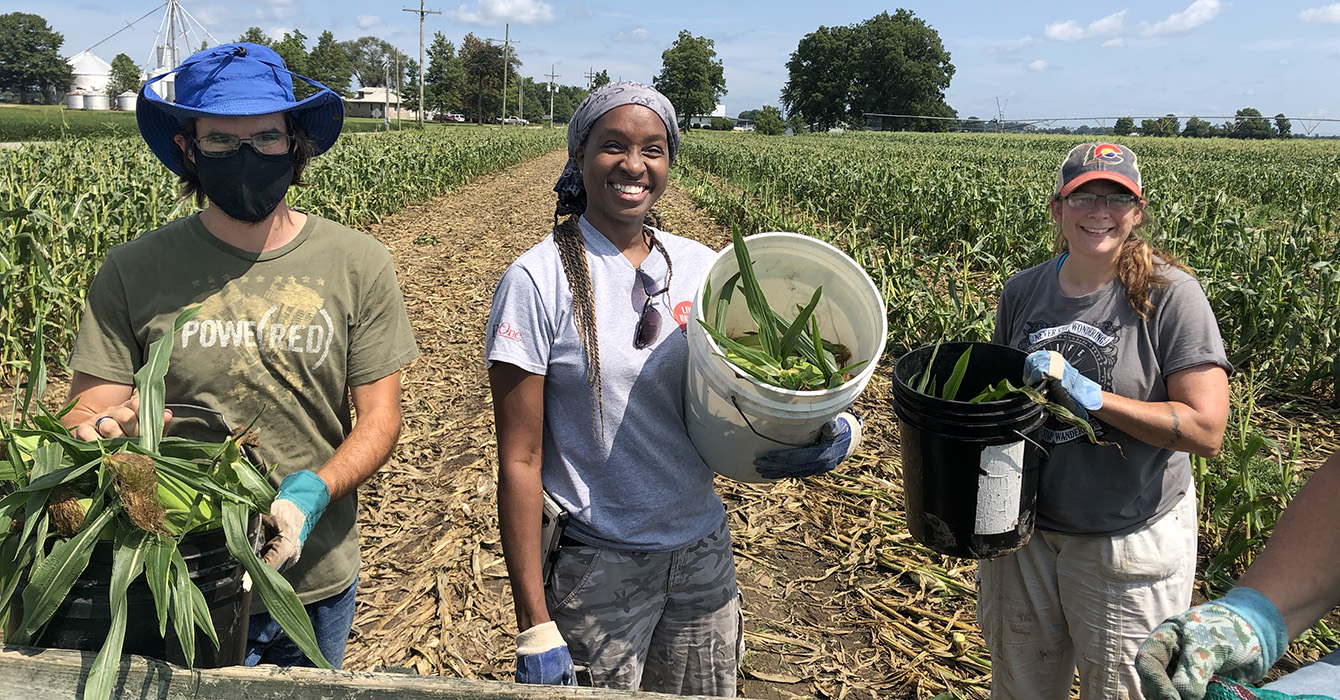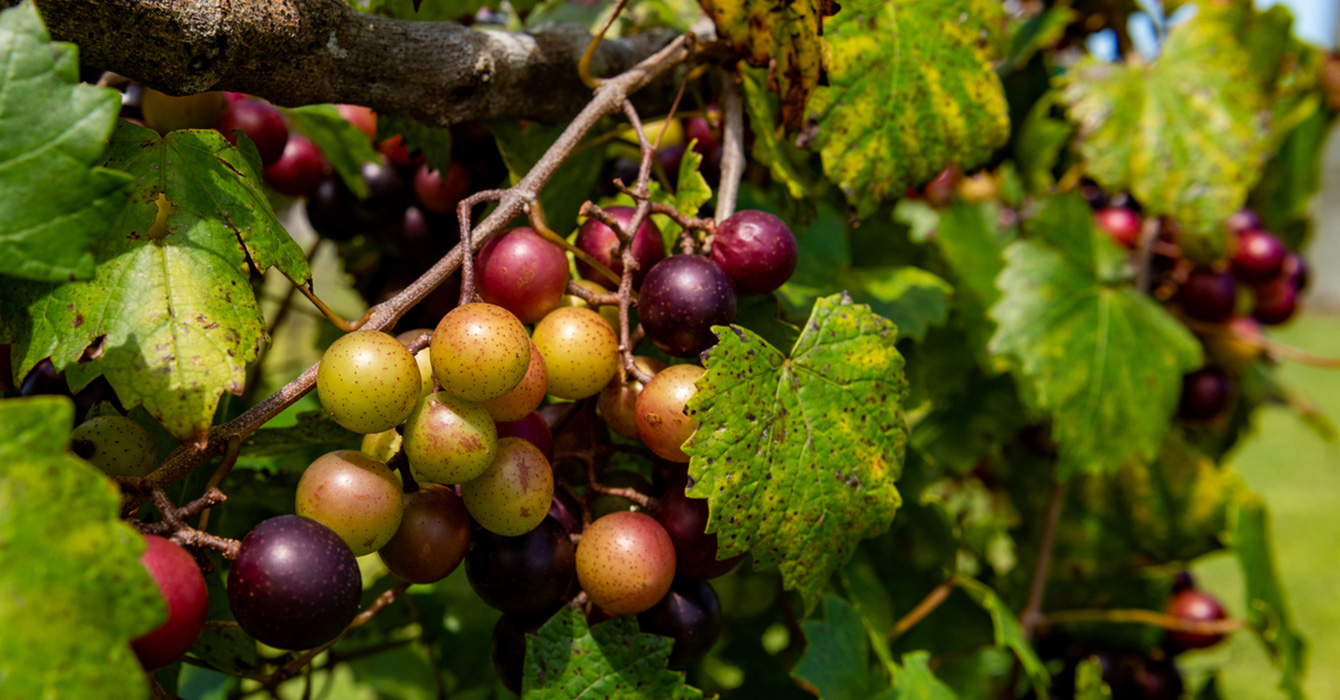Part of being an effective church leader is the ability to parse fact from fiction. Often this discernment involves worship issues.
Does the Holy Spirit show up only at 11 a.m. on Sundays? Will the world stop spinning on its axis if the worship service lasts more than an hour? Sometimes, the conversation revolves around long-standing traditions; for example, is it true that we must continue to hold the annual bazaar, even though the neighborhood stopped attending decades ago?
In North Carolina, an issue that prompts many truth-vs.-myth debates is the making and selling of Brunswick stew, if for no other reason than that rural churches hold so many stew sales.
By my reckoning, I’ve helped out in at least 25 church stews, as a pastor and a divinity student. That seems like a lot, but in reality, I am still a novice in some folks’ eyes.
There is a whole culture built around making and selling Brunswick stew in these parts, and there are many myths that circulate. There is some amount of confusion, too. I will attempt to set things straight.
Brunswick stew, according to Wikipedia, is a “traditional dish, popular in the American South,” and may have originated in Virginia, Georgia or Germany. Around here, we are pretty sure it originated in a Methodist church in Person or Orange County, N.C.
This should clear up the confusion for my friends and relatives in Louisiana and Arkansas, who ask me if Brunswick stew is one of those “Northern foods.” (Just because it happens north of you does not make it Northern.)
Brunswick stew is very thick and has a tomato base. Other ingredients include meat (usually at least chicken and beef, and sometimes varmints living around the church), potatoes, onions, corn, lima beans, butter beans and lots of other stuff. It’s cooked in enormous iron pots over open flame or gas. You have to stir it constantly with huge wooden paddles for hours and hours.
Confusion cleared up? Let’s tackle the myths. We begin with the most common myth, repeated loudly by the congregational extroverts whenever someone starts complaining that making stew (or applesauce or fried fish or insert-your-local-delicacy-here) is too much work.
No. 1: Making stew is all about the wonderful fellowship. Like many myths, this one contains an element of truth -- good fellowship is a part of making stew. However, since church should be a place where truth is spoken, I will say it: Stew is about making money. If it were all about the fellowship, we would give our stew away to feed hungry people.
No. 2: We can’t make the stew without _________ (a certain person; fill in the blank). There’s a lot of angst that goes with believing that one certain person is absolutely necessary to make and direct a stew. I fondly call this person the “stew queen” or the “stew king.” But the fact is, there usually are some dukes and duchesses who can successfully direct a stew.
No. 3: You can’t change the recipe (or anything else). Oh, yes you can. The folks out in the cemetery might roll in their graves, but you can even substitute canned ingredients. I know of a church that grew weary of peeling potatoes and decided to substitute canned potatoes. The stew that year was (ominous drum roll) … wonderful.
No. 4: If I work at the church all day and then purchase 50 quarts of stew, that is my tithe. I am sorry to have to point out to you that this is a myth. Your work is called “service,” and the stew that you purchased is called “stew that you purchased.”
No. 5: If we sell out of stew, we should make more next year. This tempting myth leads to a churchyard full of pots and a freezer full of plastic containers. The more accurate statement is, “If we sell out of stew, we should raise the price.” Which leads to the next myth …
No. 6: If we raise the price, people won’t buy it. Yes, they will. Church-made Brunswick stew is still the best bargain around, and we all know that our church makes the tastiest.
The last three are really more fibs than they are myths. Here they are:
No. 7: I can’t help, because I am allergic to onions (or potatoes). The truth is that you detest the smell of raw onions and you hate to peel potatoes. We do, too. We’re here for the fellowship.
No. 8: Oh, dear, I won’t be able to help make the stew. I didn’t realize that on that date I was going to be (a) on vacation, (b) visiting my dying relative, (c) having surgery, (d) at my daughter’s championship karate match, (e) fill in the blank. We all know you are fibbing, but we love you anyway.
No. 9: I worked so hard at the stew yesterday that I am too tired to go to church today. This is such an obvious fib to everyone in church that no comment is necessary.
So if you’re traveling through the American South in the fall, pick up some of our Brunswick stew. You’re also welcome to join us in church on Sunday morning.















